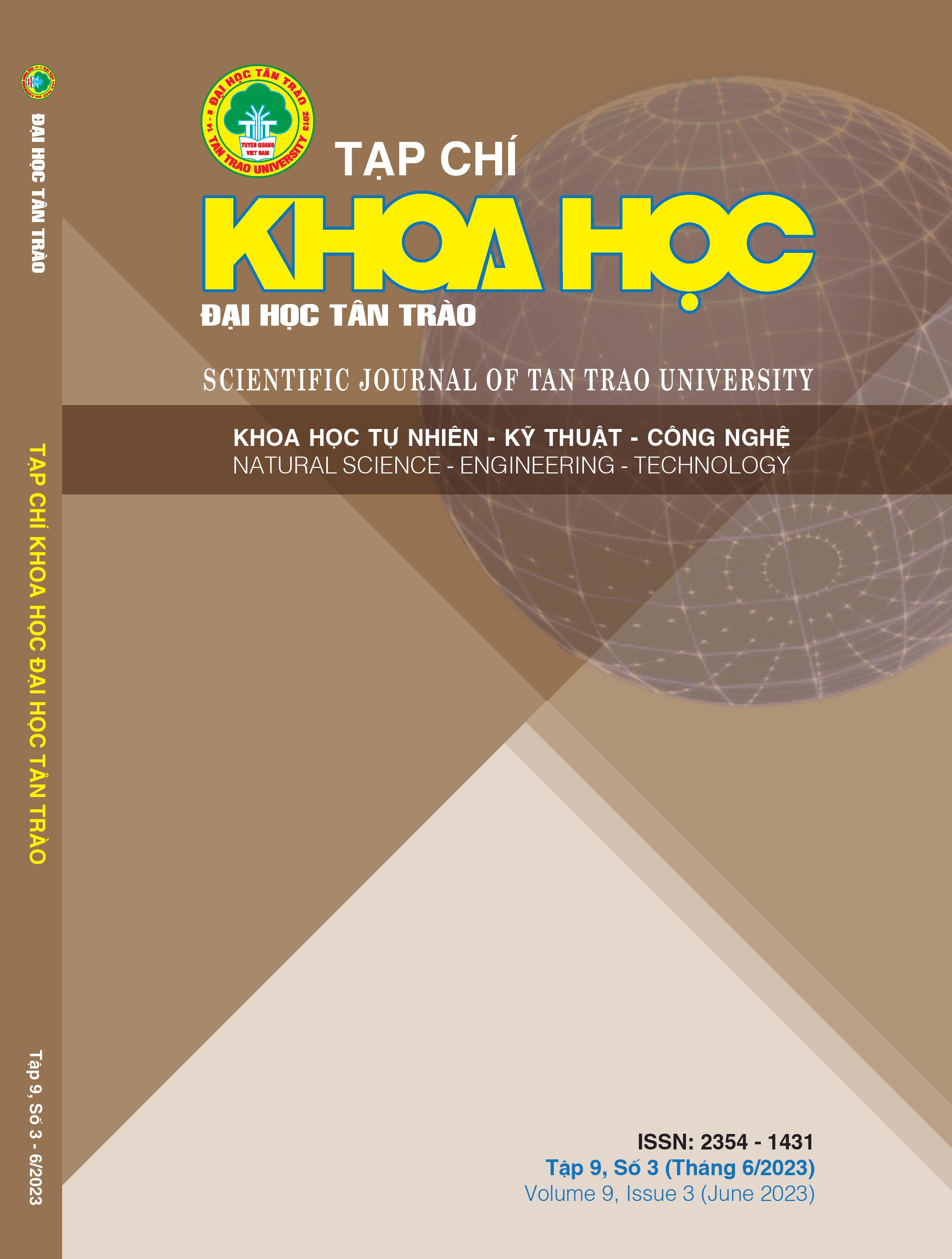DIGITAL TRANSFORMATION IN MANAGEMENT AND TRAINING ACTIVITIES AT HUNG VUONG UNIVERSITY
DOI:
https://doi.org/10.51453/2354-1431/2023/955Keywords:
digital transformation, information technology, Hung Vuong university, E-learning.Abstract
In the 4.0 revolution, the implementation of digital transformation in management and training activities is an urgent job at universities. The application of information technology to management and training activities not only helps universities improve management and training efficiency, but also changes the thinking, capacity and methods of the whole team: from experts, lecturers to leaders whom be able to build and operate the education system on a digital platform. In recent years, Hung Vuong University has also approached and digitised a number of management processes, e-learning materials, and online learning on the E-learning system. Digital transformation helps the school make the most of its resources to meet the increasing requirements of human resource training in both quantity and quality for socio-economic development.
Downloads
References
[1] Decision No. 749/QD-TTg dated June 3, 2020 of the Prime Minister approving the "National digital transformation program to 2025, orientation to 2030”.
[2] Decision No. 4740/QD – BGTĐT issued on December 30, 2022 on promulgating a set of indicators to assess the degree of digital transformation of higher education institutions
[3] Mazzone, DM. (2014), Digital or Death: Digital Transformation - The Only Choice for Business to Survive Smash and Conquer (1st ed.). Mississauga, Ontario: Smash box
Consulting Inc.
[4] Nguyen Cuc (2017), Impact of Industrial Revolution 4.0 on higher education institutions in Vietnam and policy implications for Vietnam, Political Academy Region I, No 03/2017, tr.16.
[5] Westerman, G, C Calméjane, D Bonnet, P Ferraris and A McAfee, (2011), Digital trans-formation: A roadmap for billion-dollar organizations. MIT Center for Digital Business and Capgemini Consulting, 1-68.
Downloads
Published
How to Cite
Issue
Section
License

This work is licensed under a Creative Commons Attribution-ShareAlike 4.0 International License.
All articles published in SJTTU are licensed under a Creative Commons Attribution-ShareAlike 4.0 International (CC BY-SA) license. This means anyone is free to copy, transform, or redistribute articles for any lawful purpose in any medium, provided they give appropriate attribution to the original author(s) and SJTTU, link to the license, indicate if changes were made, and redistribute any derivative work under the same license.
Copyright on articles is retained by the respective author(s), without restrictions. A non-exclusive license is granted to SJTTU to publish the article and identify itself as its original publisher, along with the commercial right to include the article in a hardcopy issue for sale to libraries and individuals.
Although the conditions of the CC BY-SA license don't apply to authors (as the copyright holder of your article, you have no restrictions on your rights), by submitting to SJTTU, authors recognize the rights of readers, and must grant any third party the right to use their article to the extent provided by the license.


